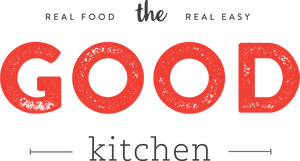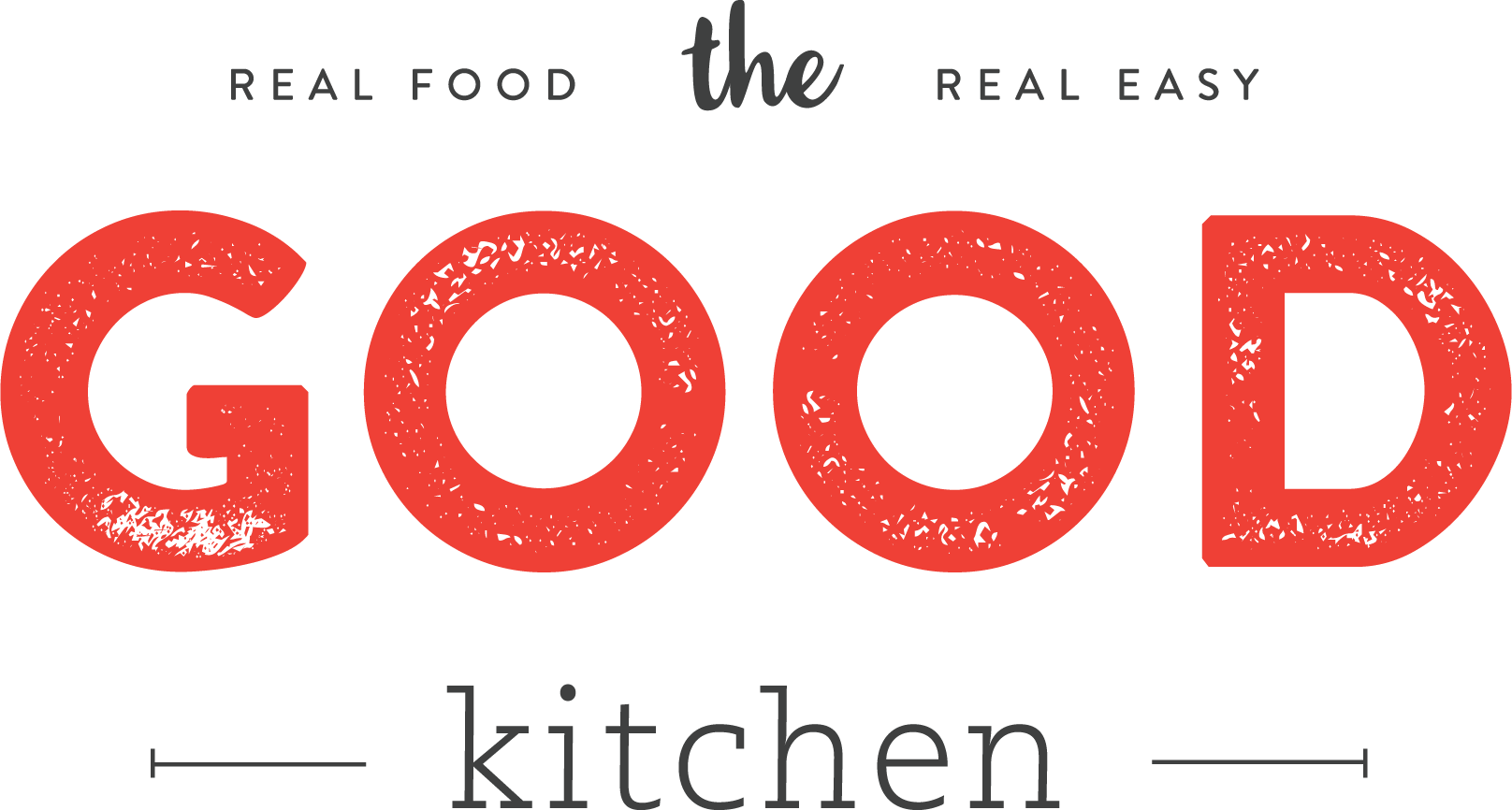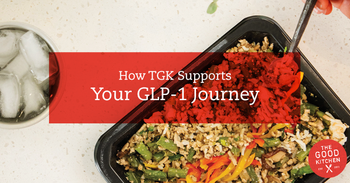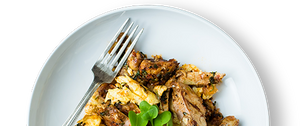Is Your Diet Changing Your DNA?
“You are what you eat” may be more accurate than we thought

Your DNA determines a lot about your health, appearance, and natural abilities. But recent research is leading scientists to think of DNA as a framework that determines a range of possibilities instead of one fixed outcome, and there is evidence that our daily actions influence which possibility becomes reality.
It’s old news that poor dietary decisions have consequences. But scientists have also begun to uncover the nutrients and dietary patterns that can help our DNA to express the best possible version of itself.
It turns out that how we interact with the world changes us on a more fundamental level than we previously thought.

Enter: the field of “epigenetics.”
[Epigenetics, n., The study of heritable changes caused by the activation and deactivation of genes without any change in DNA sequence.]
Put simply, what you eat won’t change the sequence of your DNA, but your diet has a profound effect on how you “express” the possibilities encoded in your DNA. The foods you consume can turn on or off certain genetic markers which play a major – and even life or death – role in your health outcomes.
If you’re focusing on the negatives, then this great power probably seems like way too much of a responsibility. Take this paper in Nature Communications, which studied how extremely high-fat diets could affect the vulnerability of later generations to heart disease.
(This study was conducted on fruit flies –– no humans were made to chug Crisco for the sake of this scientific finding)
The parent flies that were fed a high-fat diet began to develop the symptoms of lipotoxic heart disease, in which fat cells accumulate in the heart.
Okay, seems obvious.

But things got strange when researchers observed the next generation: The children and grandchildren of the #highfatdiet flies also experienced these symptoms, even on a lean-and-mean diet regimen.
The study identified an epigenetic marker (if you must know, it’s called H3K27me3) that made the next-gen flies more prone to fat-cell accumulation in the heart, which is a pretty scary concept. Who knew your double-bacon cheeseburger habit could potentially impact your grandchildren? Thankfully, the study also found that reducing the instance of this marker through dietary interventions protected future generations from this form of heart disease. So it’s not all bad news.
It’s not bad news at all, actually. The discovery of this ability to alter gene expression is hugely empowering.
Just imagine that you could protect future generations from cancer by adding certain foods to your diet? While we’re far from being able to assert that without caveats, researchers have indeed discovered that eating cruciferous veggies can protect against a range of cancers, and remarkably, can actually slow the growth of cancer cells in pre-existing tumors by altering some of the epigenetic markers involved in cancer.
The main compound responsible for these protective benefits is sulforaphane, which is found in high concentrations in broccoli, and especially in broccoli sprouts.

These findings (and the studies discussed here just barely scratch the surface) definitely give us good reason to be more thoughtful about our food choices. After all, it’s not just your next workout or your next meeting with the doctor’s scale that will be impacted – it’s your genetics and the genetics of future generations.
This link between epigenetics and nutrition is giving a spectacular new meaning to the phrase “you are what you eat.” To be a healthy you, you should probably stick to eating foods that promote health all the way down the genetic level.
If you are considering an “epigenetic diet” of sorts, here are the most basic things to keep in mind, based on the information we’ve gathered from available studies*:
Do your DNA a solid: Go light on the saturated fats, heavy on the greens, and give your digestive system a lot of rest between the last meal of the day and the first meal of the next day.
If you’re overwhelmed by the idea of thinking about taste, convenience, and genetic health during your next trip to the store, don’t be. Just nab a few meals to keep on hand and keep it simple.

We whip up our meals with your complete health in mind: selecting ingredients with protective qualities so you can thrive, all the way down to your DNA.
Peruse this week’s menu for inspiration, and start shoveling those sprouts!
– – –
*We aren’t doctors or scientists, we’re just members of their fan clubs! Our thoughts are not expert recommendations. Just food-science-nerd recommendations.
Photos by Daniil Kuželev Ousa Chea on Unsplash






